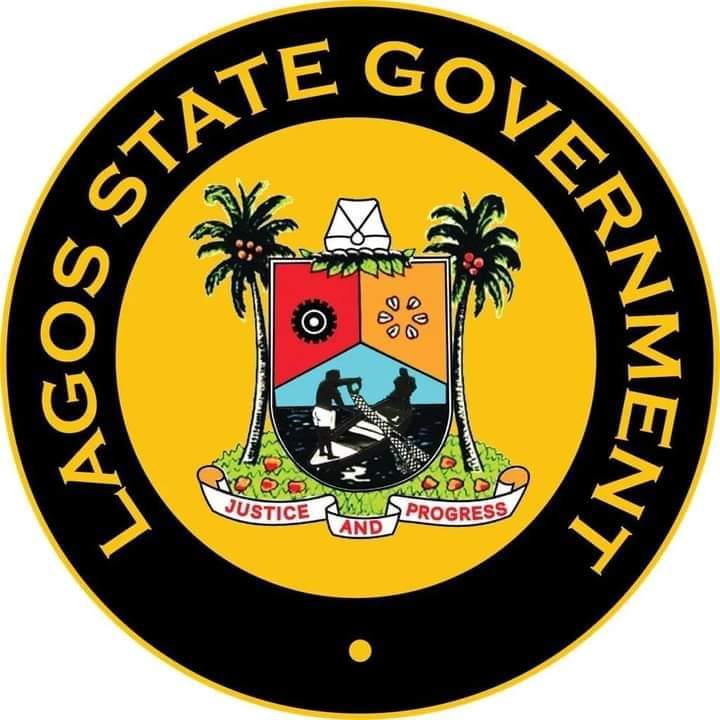Photo caption: Lagos State logo
No fewer than 120 individuals were convicted for various forms of sexual and gender-based violence in Lagos State between January and December 2024, the Lagos State Domestic and Sexual Violence Agency has revealed.
The agency disclosed this exclusively to PUNCH Metro on Thursday, following its report that a staggering 9,279 domestic violence cases were recorded in the state within the same year.
The report also highlighted that about 3,215 children were subjected to different forms of abuse during the period, with most of the perpetrators being relatives or individuals familiar to the victims.
In response to the alarming figures, the DSVA said the state government was adopting a technology-driven and preventive approach to tackle the crisis.
However, human rights advocates insisted that the government must do more to protect vulnerable groups and support survivors.
Many activists also expressed concern that the real scale of abuse might be underreported, as victims often hesitate to come forward due to stigma, fear, or lack of trust in the system.
When asked about convictions in the period under review, the Executive Secretary of the DSVA, Titilola Vivour-Adeniyi, confirmed that the state had made significant strides in prosecuting offenders.
“In the last year, the Lagos State Government has secured more than 120 convictions for sexual and gender-based violence,” she said, adding that, “Some of these convictions range from life imprisonment to 65-year jail terms.”
The founder of DOHS Cares Foundation and femicide report curator, Ololade Ajayi, urged the Nigeria Police Force and other law enforcement agencies to actively support the fight against sexual and gender-based violence.
“We should ask the right questions: Why are the police frustrating this? Is it corruption? Are they insensitive? Is it the lack of funding for the police? And then fix it,” she said.
Ajayi also decried the slow pace of justice in sexual assault cases, questioning the level of government support for survivors.
“Why is the rape trial process so lengthy? What has the government put in place to support survivors? What might discourage them from speaking up or seeking justice?,” she asked.
=== PUNCH ===



